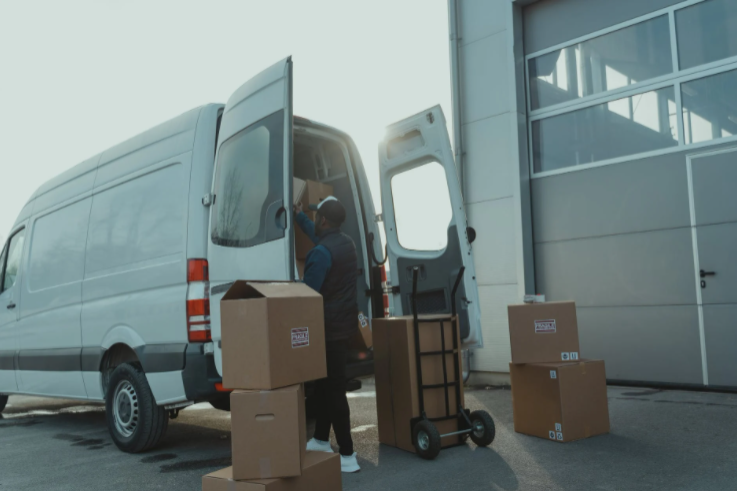
The truck driving industry may be on the cusp of a seismic change. Almost a dozen companies around the world are now working on using autonomous driving, in which a variety of sensors feed data to a computer that controls the truck.
Many have reported significant progress over this planned change.
TuSimple, a self-driving truck firm based in California, already conducted tests in Arizona and New Mexico that include depot-to-depot delivery runs. The runs were complete automated but they were supervised by a human.
Self-driving truck's evolution
According to the recent data from Acumen Research and Consulting, the semi and fully autonomous truck market is expected to reach approximately $88 billion (£64 billion) by 2027, growing at a compound annual growth rate of 10.1% between 2020 and 2027.
Experts stated that technology has the potential to revolutionize the $700 billion (£500 billion) a year trucking industry that touches every corner of the global economy. It helps create new business opportunities and it saves companies millions.
Patrick Penfield, a professor of supply chain practice at Syracuse University in the United States said that it is a massive opportunity to switch to autonomous trucks. He added that the biggest impact of ATs or autonomous trucks is its efficiency and its effectivity in cost savings.
Penfield said that the nice thing about ATs is that they will be able to operate 24 hours a day, 7 days a week, and they can drive a consistent mileage rate, thus making trucks safer and more fuel efficient. He added that freight will arrive at a destination faster.
Penfield pointed out that human truck drivers usually take five days to go from New York to Los Angeles. Meanwhile, it will take an AT only 48 hours.
What it will mean for truck drivers
The potential benefits of using autonomous trucks have led to concerns about job displacement among millions of truck drivers, according to Redwood Logistics.
In the United Stats alone, the American Trucking Association estimates that there are more than 3.5 million truck drivers on the roads with almost 8 million people employed across the wider industry.
Census Bureau statistics show that trucking is the most common job in 29 US states, ahead of farming, teaching and of secretarial positions.
Among the companies working to make autonomous trucking a reality is California-based Waymo, a subsidiary of Google parent company Alphabet.
The company, which is already testing autonomous technology in the American Southwest, has also announced a partnership with Mercedes-Benz parent firm Daimler to deploy fully driverless trucks.
John Verdon, Waymo's business development and partnerships lead, acknowledges that while changes to the industry and jobs could take place over time, the technology will also help address some of the current shortcomings of the industry.
Verdon stated that one of the strains in the industry is a driver shortage. The technology can help narrow the 60,000 shortfall of drivers in the United States, that is the gap that is projected to widen to 160,000 within the next 10 years.
Verdon added that they are optimistic that this technology will spawn a lot of new jobs and businesses, with some that have yet to be imagined.
Related Article : Apple Self-Driving Cars in the Works, Tech Giants Discussing With Suppliers for Lidar Sensors
This article is owned by Tech Times
Written by Sieeka Khan
ⓒ 2025 TECHTIMES.com All rights reserved. Do not reproduce without permission.




